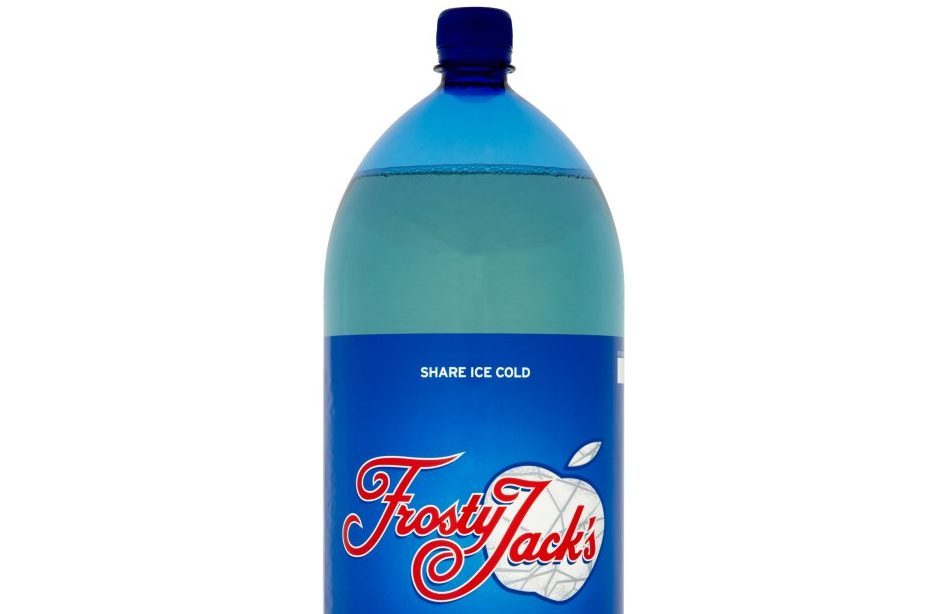
SALES of cider have dropped by 8% following the introduction of minimum unit pricing for alcohol in Scotland.
New figures show the volume of cider sales – the drink most affected by the price hike – fell in the first few weeks following the introduction of the legislation on May 1.
Doctors also say there is early anecdotal evidence that minimum unit pricing (MUP) is having an impact on drinking habits, with some patients telling them they have cut down as a result.
The figures, compiled by research company Nielsen, found overall the market for alcohol has not been significantly impacted by minimum pricing.
In terms of volumes sold, “long” alcohol drinks such as beer went up one percent, while vodka and gin remained flat.
However, Alexandra Gibbs Seymour, senior client analyst at Nielsen, said: “When we look at cider, one of the segments that implemented the largest price increase (22%), we also see the largest volume decline in the category at minus 8%.”
She added: “There are several events that have taken place since the introduction of the MUP legislation, including unseasonably warm weather, a bank holiday weekend, a royal wedding and the Scottish Cup Final.
“Events such as these are big influences on sales of alcohol so it’s likely that the full impact of MUP isn’t yet coming through.”
READ MORE
Treatment centres offering wine ‘on prescription’ to alcoholics being planned for Scotland
Dr Richard Watson, a GP in Cambuslang, said there are early signs MUP is having an impact on drinking habits.
He cited the case of one patient who told him he has halved the amount of beer he drinks every night.
Dr Watson, who is also a GP representative for campaign group Scottish Health Action on Alcohol Problems (SHAAP), said: “It’s very early days, but I had a patient who said he drank eight cans every single night – but since the minimum pricing had come in, it had encouraged him to cut down to more like four.
“It think that’s the second patient who has mentioned it to me as having altered their behaviour.
“With strong white cider, which has been dramatically affected in price, if you are in the habit of drinking five litres you will have gone down to two to spend the same amount of money.”
He added: “Nearly every day I ask patients how much do they drink and they say as much as I can afford. They are not kidding – that is what they mean.
“So we have reduced the amount they can afford if they were buying cheap alcohol, primarily strong white cider and own brand vodka.”
What is Minimum unit pricing?
Minimum unit pricing, or MUP, simply sets a floor price for a unit of alcohol, meaning it cannot legally be sold for less than that. The more alcohol in a drink, the more expensive it will be.
A 50p minimum price means a 70cl bottle of whisky could not be sold for less than £14. It takes the cost of a 70cl bottle of 37.5% vodka to no less than £13.13, four 440ml cans of 9% lager increase to a minimum of £7.92 and a 75cl bottle of 12.5% wine can be sold for no less than £4.69.
Dr John Budd, a GP at Edinburgh Access Practice, which works with the homeless, said he also witnessed some impact from MUP being in place.
He said: “One patient reported he shifted from the high-strength toxic cheap cider, to much lower strength, less toxic beer – and in reduced volumes.
“Another patient had stopped drinking that type of cider as well, to try to drink – as he put it – ‘healthier’ cider instead.”
He added: “It is early days, but we are all hugely optimistic. It is going to make a difference in terms of reducing overall consumption, which does translate into significant population health benefits.”
READ MORE
A Scottish Government spokesman said: “NHS Health Scotland is leading the monitoring and evaluation of the minimum unit pricing policy over the next five years.
“It involves examining a number of areas including implementation and compliance; price and product range; alcohol sales and consumption; alcohol related harm; economic impact on the industry; and attitudes to minimum price.”

Enjoy the convenience of having The Sunday Post delivered as a digital ePaper straight to your smartphone, tablet or computer.
Subscribe for only £5.49 a month and enjoy all the benefits of the printed paper as a digital replica.
Subscribe